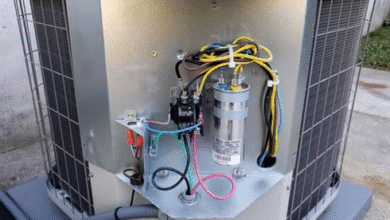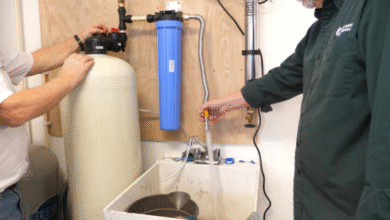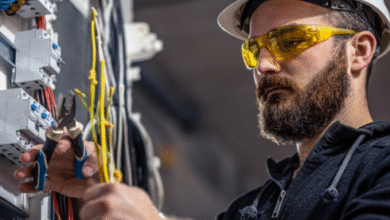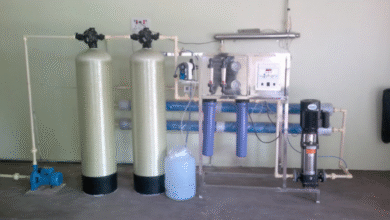How Hard Is Your Water Really? The Quiet Culprit Behind Everyday Annoyances—and What to Do About It
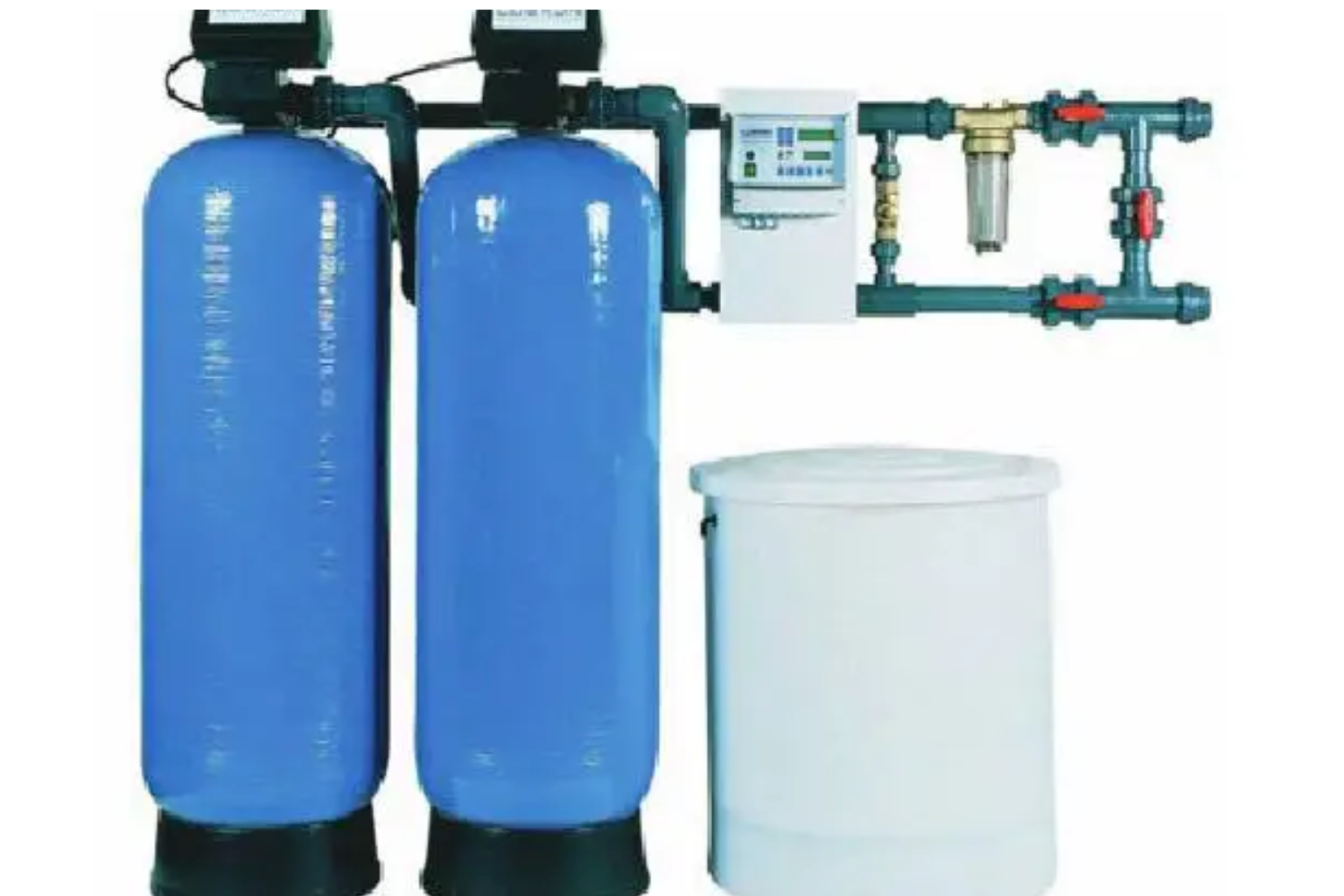
Ever notice your showerhead’s constantly clogged? Or how your laundry comes out of the wash a little stiff, despite using fabric softener? Maybe your coffee tastes off, or there’s that weird chalky ring around the kettle that never seems to scrub off. If you’ve been blaming your appliances, your soap, or even your cooking skills—it might be time to look closer at your water.
Hard water. It sounds harmless, even sort of rugged. But truth be told, it can be a real nuisance. And it sneaks into your life in subtle, frustrating ways. The good news? You’re not stuck with it. You just need to start with some smart water hardness testing.
Let’s dig into what hard water is, how it messes with your home, and the best ways to fix it—for good.
Water That Fights Back
Okay, so here’s what we’re dealing with. Hard water is packed with minerals—mostly calcium and magnesium—that your local water supply picks up as it flows through soil and rock. That mineral-rich water eventually reaches your taps, and while it’s not dangerous to drink, it can create all sorts of headaches over time.
Think clogged pipes. Water heaters that lose efficiency. Dry skin. Soap that refuses to lather. Glassware that never really sparkles, no matter how much you rinse.
It doesn’t happen overnight, but the buildup is real. And the longer you ignore it, the more it costs you—in time, in money, and in household frustration.
The First Step: Water Hardness Testing
So how do you know if your water’s giving you grief?
Simple. Test it.
You can start with DIY kits (easy to find online or at the hardware store) that give you a rough idea of how “hard” or “soft” your water is. Typically, they use color strips to indicate the mineral content. It’s not rocket science, and it’s not expensive—just a few bucks and a couple of minutes.
If you want something more detailed, professional water testing services can give you a full breakdown, including pH levels, iron content, chlorine levels, and even bacteria. It’s a smart move, especially if your home relies on well water or if you’ve noticed major changes in water taste or quality lately.
Water hardness testing, clean drinking water systems, best water softeners—these might sound like technical topics, but they’re really about your day-to-day comfort and peace of mind.
Clean Drinking Water: More Than Just Hydration
Once you know what’s in your water, the next question is—do you actually want to drink that?
Here’s the thing: hard water doesn’t just ruin your dishwasher’s lifespan. It can affect taste, leave a weird mouthfeel, and even stain your fixtures over time. If your water also happens to carry traces of chlorine, sediment, or other impurities, a filtration system becomes less of a “nice-to-have” and more of a must.
Enter clean drinking water systems. These come in all shapes and sizes—from simple under-the-sink filters to high-tech reverse osmosis units that remove nearly everything but the H2O itself. Some systems also reintroduce trace minerals post-filtration for better taste and health benefits.
If you’ve been buying bottled water or using one of those fridge-filter jugs, switching to a whole-home or faucet-specific solution can save you money and cut down on plastic waste. Plus, you’ll always know what you’re drinking.
Soften It Up: Finding the Best Water Softeners
Now that you’ve tested your water and decided you want better quality from every tap in the house, it’s time to talk about the fix: softeners.
Water softeners work by removing those calcium and magnesium ions that cause hardness. They typically use a process called ion exchange, replacing them with sodium or potassium. Sounds technical, but the impact is easy to spot—better lather, cleaner dishes, smoother skin, and a water heater that doesn’t sound like it’s dying.
Choosing the best water softeners depends on your needs. Do you want a whole-home unit or a single-point solution? Is space an issue? Do you prefer salt-based or salt-free systems? There are even dual-function models that combine softening and filtering, which is great for homes with multiple water issues.
Some top-rated brands in 2025 include:
- SpringWell: Highly efficient and great for well water
- Culligan: Offers pro installation and maintenance plans
- Aquasana: Eco-friendly options with combo filtration
- Fleck: Budget-friendly and DIY-installable
- Kinetico: Non-electric and super low-maintenance
Just don’t forget to factor in long-term costs like salt refills or filter changes. The upfront investment might sting a bit, but the results? Totally worth it.
Better Water, Better Life
Here’s the thing—clean, soft water won’t fix your entire life. But it will make it noticeably easier. Less scrubbing. Less repairing. Less wondering why your shampoo isn’t working.
And once you’ve had water that’s properly filtered and softened, there’s no going back. Coffee tastes better. Your skin doesn’t dry out. Your appliances run more efficiently. It’s one of those upgrades that pays off in quiet, everyday ways.
So go ahead—grab that test kit, check your levels, and start exploring your options. Whether you’re diving into water hardness testing or shopping around for the best water softeners, you’re on your way to a healthier, happier home.
And hey, next time someone complains about their water, you’ll be the one with answers.
